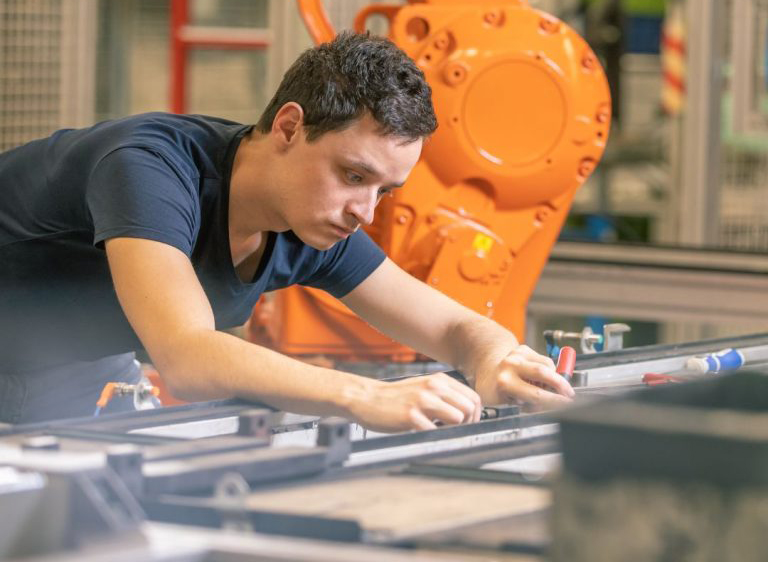
Department of Automation and Robotics
Characteristics Of The Field Of Study
Course description/educational objectives and outcomes
The Automation, Robotics and Electrical Engineering field of study is an innovative, interdisciplinary educational path that combines the most important elements of automation, robotics and electrical engineering. The seven-semester full-time and part-time curriculum is aimed at professional preparation of graduates to work in, among others, enterprises dealing with the design, implementation and maintenance of automatic, control and robotic systems; traffic maintenance services; design offices in the electrical and metrology industries; laboratories of research and development centers and the broadly understood power sector.
Examples of workplaces in the region include:- TAURON Dystrybucja S.A., Oddział w Tarnowie,
- Grupa Azoty Automatyka Sp. z o. o. Tarnów,
- ELPLC S.A. Tarnów,
- ATB TAMEL Spółka Akcyjna, Tarnów,
- OMEGA-ELECTRIC Mróz, Bibro Spółka jawna, Tarnów,
- Control Process S.A., Tarnów,
- Aptiv Services Poland S.A., Kraków,
- Motorola, Kraków,
- ABB, Kraków.
- Programming PLCs and microcontrollers,
- Design and operation of automatic systems and control systems,
- Operating and programming industrial robots,
- Programming and operation of power networks,
- Computer measurement systems,
- The application of modern technologies within Industry 4.0,
- Design of electrical installations, measurements of electrical installations, electromobility and renewable energy sources
- Automation with robotics,
- Power supply and measurements.
The studies culminate in a diploma examination, and, upon successful completion of the studies, the students obtain the professional title of engineer.
There are other other advantages of choosing the Automation, Robotics and Electrical Engineering field of study at Akademia Tarnowska: the access to professional laboratories, well-equipped University Library and dormitory, opportunity to obtain financial assistance (social and academic scholarships) and obtain various certificates, assistance in mastering English for Specific Purposes (ESP), opportunity to participate in research groups, Erasmus+ and PO WER-HE programmes, access to sports facilities (swimming pool, indoor arena), support from the International Relations Department, the Foreign Language Center, and the Career, Project and Cooperation Office. Automation, Robotics and Electrical Engineering studies are a perfect choice for people who want to design, program, acquire measurement data and automate tasks and processes. Design involves the application of CAD software to create 2D and 3D documentation, tools for designing electrical and lighting installations, and solutions supporting the design of electrical machines and measurement systems. Programming refers to the use of Matlab in calculations and simulations and the use of microcontrollers and PLCs. Measurement data acquisition involves obtaining data, processing and analysing it, along with drawing conclusions related to diagnostics. Automation is the application of available tools to control and automate industrial processes. A graduate of this field is a versatile engineer who:
- has practical skills in designing and operating automation and robotics systems, both in industry and in the service sector,
- understands the principles of operation of electrical systems and can design installations and select components,
- is familiar with programming languages and can create smart control systems,
- is prepared for teamwork in an engineering environment as well as manage projects independently,
- is ready for continuous development – knows how to apply modern tools and technologies, analyse data and implement innovations.
- electrical engineers,
- automation engineers,
- programmers of industrial controllers and embedded systems,
- maintenance services,
- designers in laboratories of research and development and industrial centers and design offices,
- home and industrial automation integrators,
Polytechnic Faculty
Polytechnic Faculty
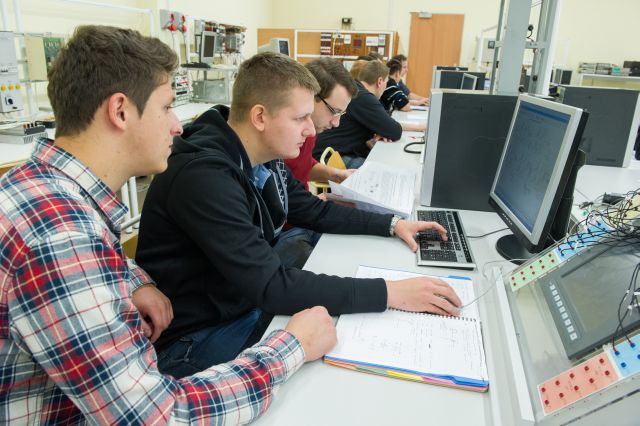
This degree is offered as a full time course and consists of seven semester. After completing second year students choose one of two blocks of elective subjects: Automation and Measurement ...
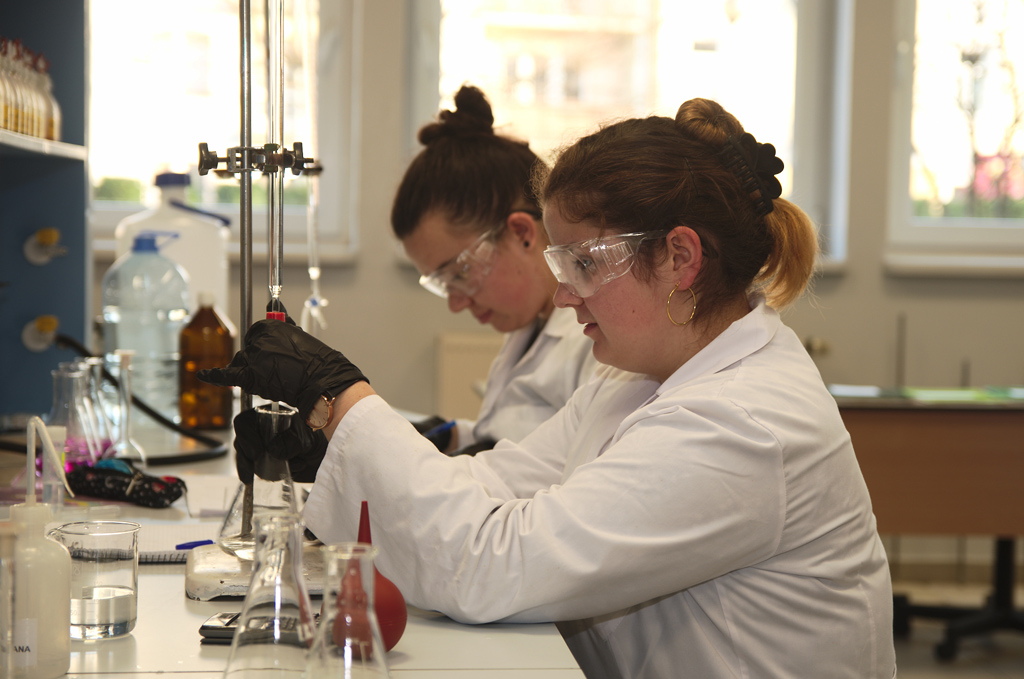
This Master degree is addressed to students who already hold BA or BEng. Depending on the completed first cycle studies, the course will last 3 or 4 semesters. The program enables ...
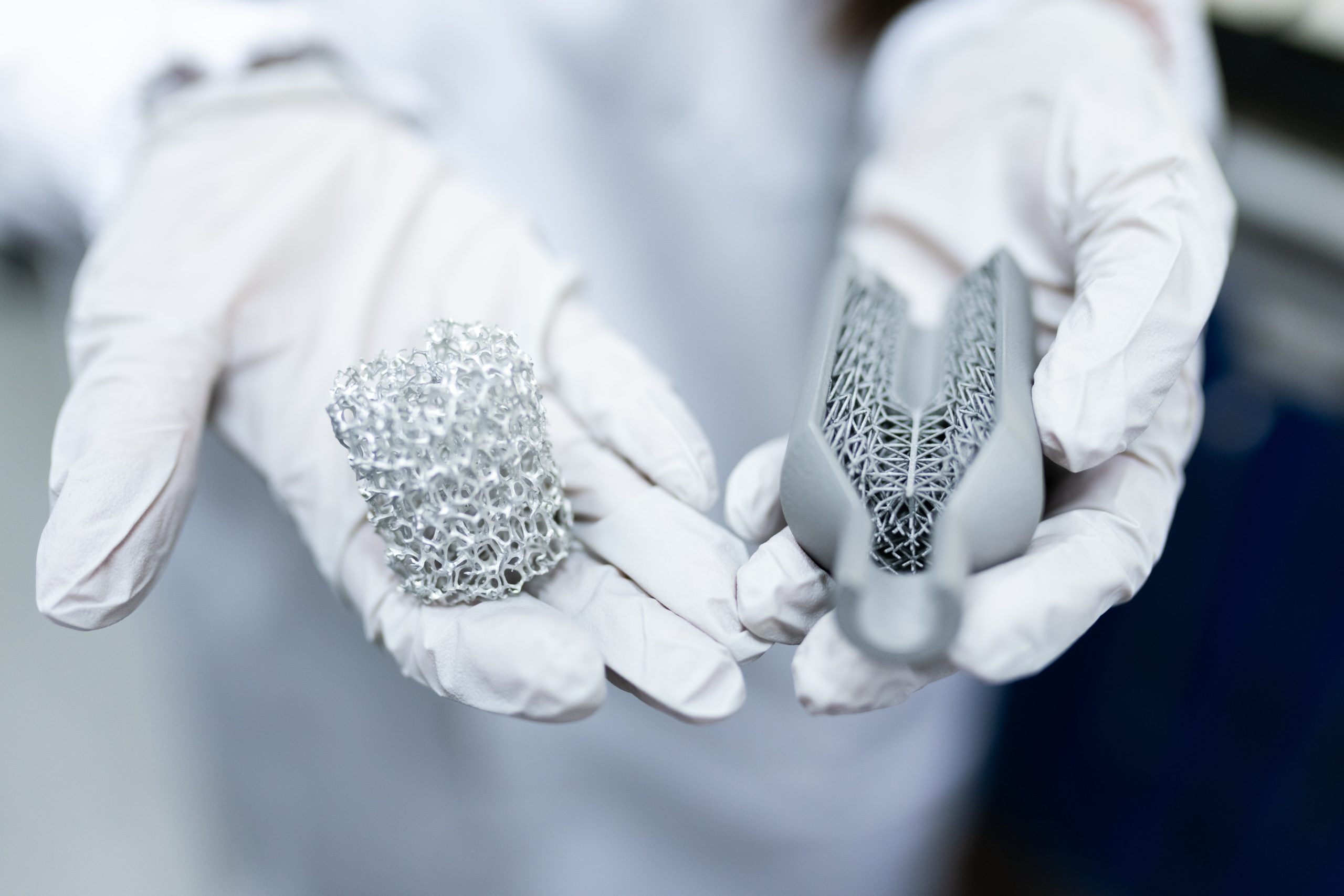
The studies prepare specialists in the technology of metallic, polymer and ceramic products and in the field of production process management. The study program is based on basic subjects such as mathematics, physics, computer science, chemistry. Major subjects include, among others, material technologies, engineering graphics, basics of mechanics and electrical engineering, basics of entrepreneurship and management, and cost accounting for engineers. The study program also includes subjects related to the humanities, economics, and foreign languages. Graduates of Technology and Production Management are prepared to work in production plants producing modern materials, as well as in ceramics, building materials, metallurgical plants, as well as in the production and processing of plastics.
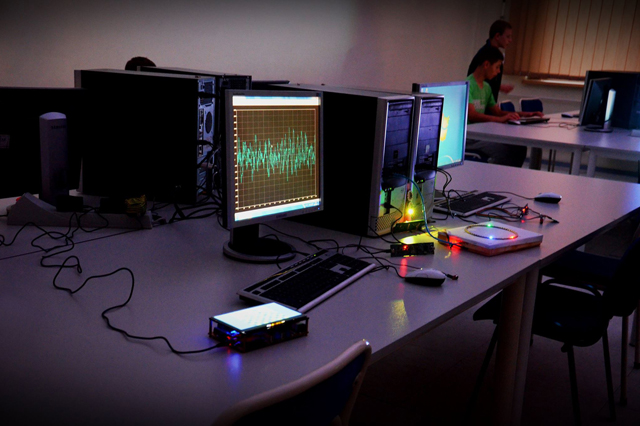
Full time degree course lasting seven semesters. As part of the computer science course students are offered three thematic elective blocks: Software engineering focused on the training ...
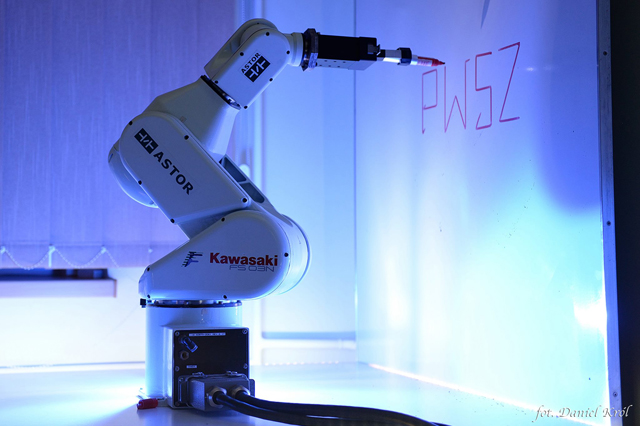
Full time, seven semesters engineering degree which ends with a diploma exam. There are two elective modules to choose from: • Computer processes of automation systems • Robotics ...
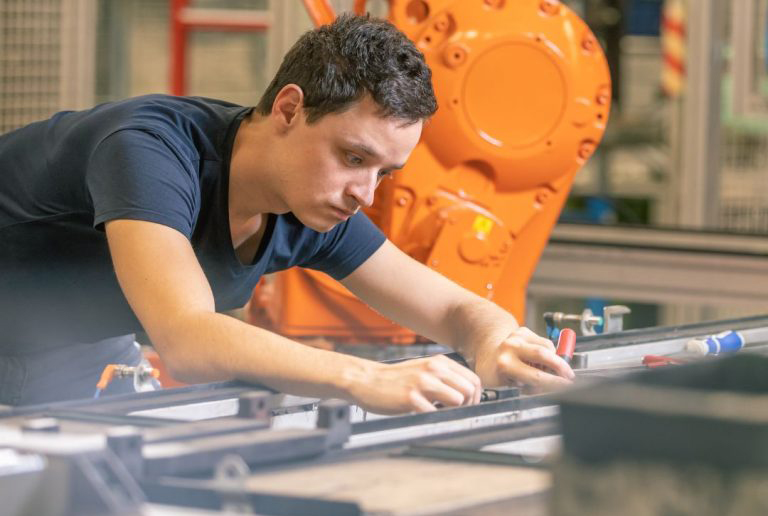
The Automation, Robotics and Electrical Engineering field of study is an innovative, interdisciplinary educational path that combines the most important elements of automation, robotics and electrical engineering. The seven-semester full-time and part-time curriculum is aimed at professional preparation of graduates to work in, among others, enterprises dealing with the design, implementation and maintenance of automatic, control and robotic systems; traffic maintenance services; design offices in the electrical and metrology industries; laboratories of research and development centers and the broadly understood power sector.

First cycle studies of a practical profile offered as a full-time course with seven semesters. After completing the 2nd year students choose one specialisation from the following: Industrial ...
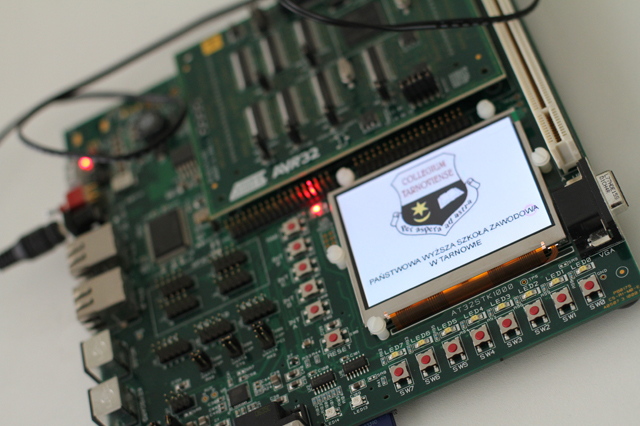
First degree studies with a practical profile which last 3.5 years (seven semesters). The studies are interdisciplinary in various disciplines of technical sciences, such as: mechanics, mechanical ...
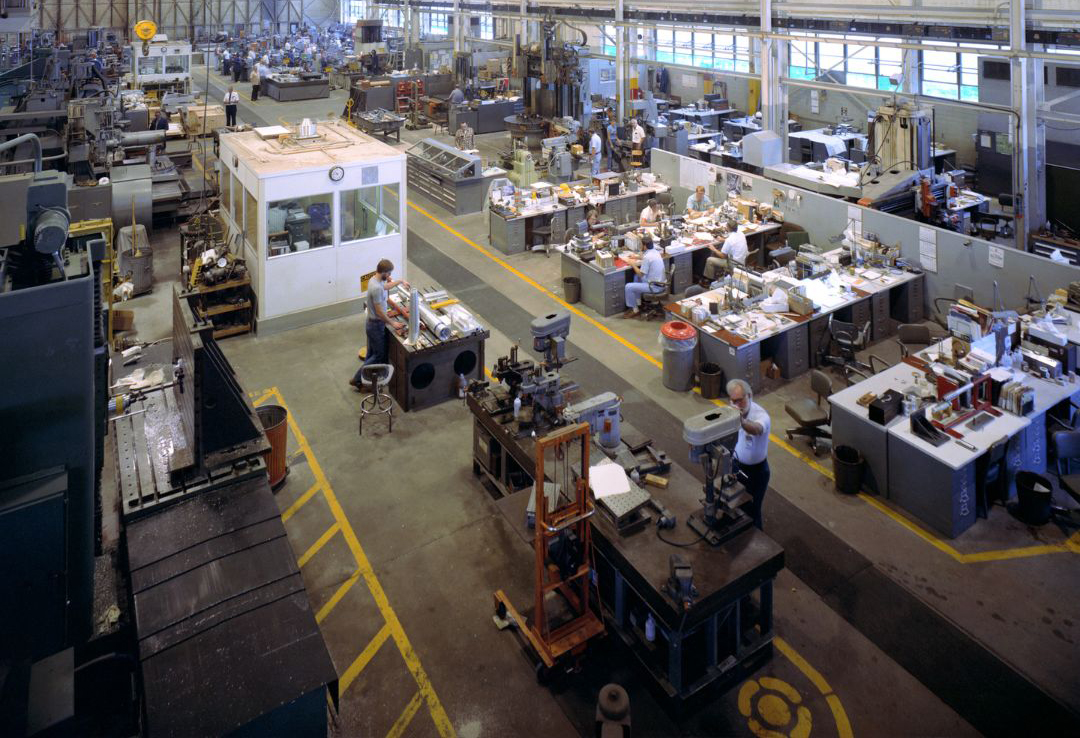
Electronics and Smart Technologies field of study is first-cycle studies with a practical profile and conducted in full-time mode for 3.5 years (7 semesters). Following the second year of studies, the students complete one of two elective modules: Electronics and measurement systems or Mechatronics and smart technologies. Upon completion of the studies, the graduates obtain the professional title of engineer and are prepared to undertake second-cycle studies.

